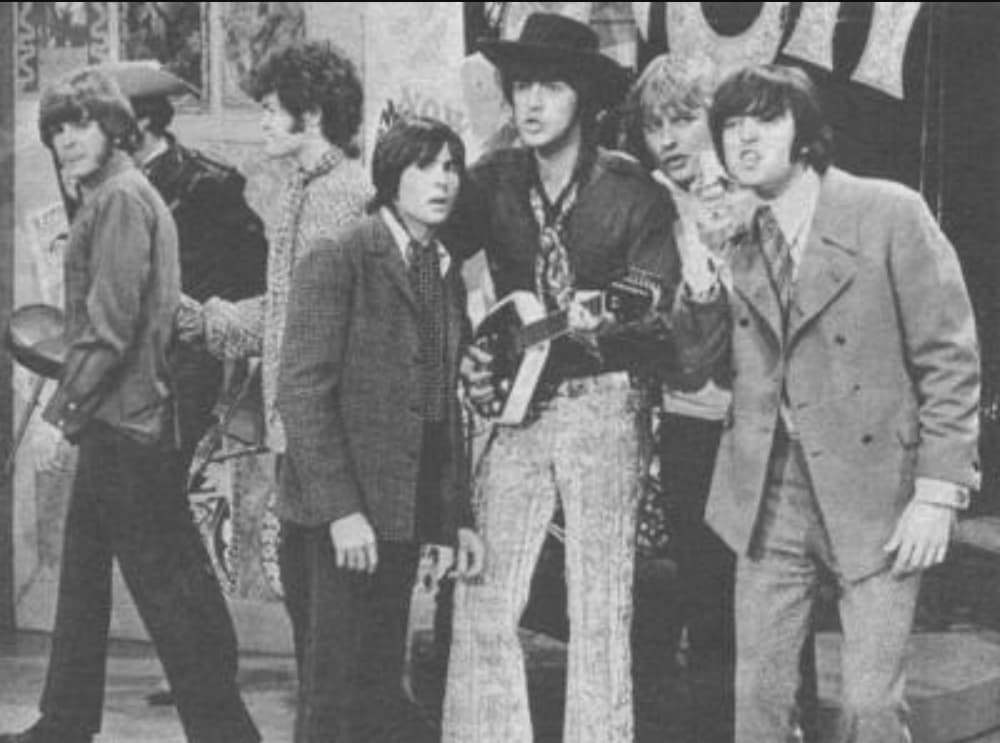
The song is a quiet reflection on newfound companionship after a period of solitude.
There are songs that define an era, and then there are songs that define a feeling. “Come Saturday Morning,” as performed by Mark Lindsay, is a prime example of the latter. For many who came of age in the late 1960s and early 1970s, this melody wasn’t a party anthem or a protest chant; it was the soundtrack to a quiet, hopeful sunrise. It’s the kind of song that whispers to the soul, bringing back memories of a time when life felt a little simpler, a little more innocent, and a whole lot more hopeful.
The song’s story is an interesting one, and it’s a testament to the talent of its creators and interpreters. The music was composed by Fred Karlin, with lyrics by Dory Previn, and it was originally written for the 1969 film, The Sterile Cuckoo, which starred a young Liza Minnelli. While the version by The Sandpipers was the one most closely associated with the film and received an Academy Award nomination for Best Original Song, it was Mark Lindsay’s version that truly captured the emotional essence of the piece for many. After years as the charismatic frontman for the wildly successful band, Paul Revere & the Raiders, Lindsay was carving out a solo career. His 1970 album, Silver Bird, was a step away from the high-energy, garage-rock sound of his band, and “Come Saturday Morning” was the perfect vehicle for this new, more introspective direction.
The song itself is a beautiful, melancholic piece of pop music. It speaks of a long, lonely existence, a series of days and nights spent alone. But then, there’s a shift. The “long, lonely years” give way to a new kind of day, one filled with the promise of companionship. The lyrics, “And then we’ll move on / And we will remember / Long after Saturday’s gone,” are the emotional core of the song. They speak to the idea that true connection isn’t just about a fleeting moment; it’s about building a shared history, a collection of memories that will last a lifetime. The title itself is a metaphor for this transition. Saturday night is for the solitary soul, the one who is alone with their thoughts and maybe a bit of a hangover from the week’s sorrows. But “Come Saturday Morning,” a new person is there, and the lonely chapter is over. It’s a quiet celebration of finding someone to share the weekend, and life itself, with.
While the song didn’t achieve the massive chart success of his work with Paul Revere & The Raiders (his single “Arizona” was a bigger solo hit, reaching the Top 10), “Come Saturday Morning” holds a special place in the hearts of many. It was a subtle, poignant moment in music history that showcased a different side of Mark Lindsay, revealing him not just as a rock-and-roll showman, but as a sensitive and thoughtful artist. It’s a song that, for many, is forever tied to a specific time and place—a first love, a quiet moment of reflection, or the dawning realization that life’s journey might not be a solitary one after all. It’s a timeless piece that continues to resonate with its gentle melody and deeply felt emotion.